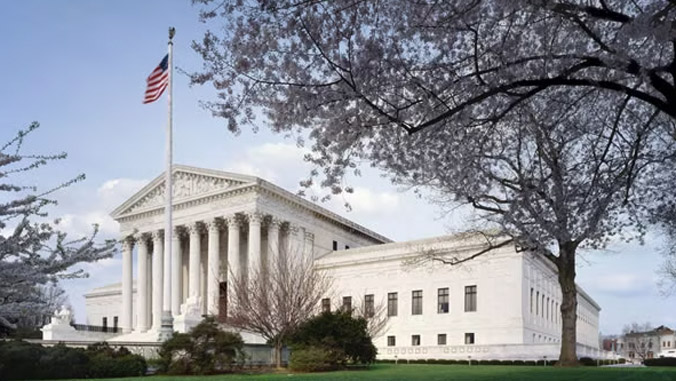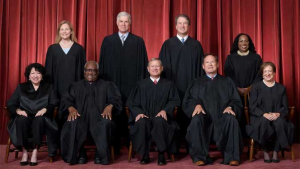
On June 29, 2023, the United States Supreme Court struck down race-based affirmative action policies at the University of North Carolina and Harvard University, ruling that they violate the Equal Protection Clause of the 14th Amendment. Below are statements from University of Hawaiʻi President David Lassner and Hawaiʻi leaders, along with sections of the ruling and dissenting opinion.
UH President David Lassner statement
“Today’s Supreme Court decision is beyond disappointing. With the adoption of our new strategic plan by the University of Hawaiʻi Board of Regents in November 2022 we have recommitted ourselves to diversity and equity as Foundational Principles. Notwithstanding the new ban on use of race in admissions decisions, UH stands firmly committed to provide higher education opportunities for all, especially those historically underrepresented in our student bodies, as well as to continue to diversify our faculty, staff, and leadership. The families and communities of Hawaiʻi need and deserve no less.
UH takes great pride in the fact that our campuses are often ranked as the most diverse in the country, reflecting the population of Hawaiʻi. Our seven UH community colleges have an “open door” admissions policy, and our three universities currently admit all qualified undergraduate applicants to the campus. Our strong commitment to student diversity and equity focuses on encouraging and welcoming students from all backgrounds, especially those who have been underrepresented, into higher education and then supporting their success once enrolled.
We are now analyzing the Supreme Court ruling and will need to determine if any changes will be required to adhere to the ruling while maintaining our commitments to diversity and equity to meet the educational and workforce needs of Hawaiʻi.”
Chief Justice John G. Roberts Jr. in the decision joined by Justices Clarence Thomas, Samuel A. Alito Jr., Neil M. Gorsuch, Brett M. Kavanaugh and Amy Coney Barrett

“Both programs lack sufficiently focused and measurable objectives warranting the use of race, unavoidably employ race in a negative manner, involve racial stereotyping, and lack meaningful endpoints. We have never permitted admissions programs to work in that way, and we will not do so today. At the same time, as all parties agree, nothing in this opinion should be construed as prohibiting universities from considering an applicant’s discussion of how race affected his or her life, be it through discrimination, inspiration, or otherwise. But despite the dissent’s assertion to the contrary, universities may not simply establish through application essays or other means the regime we hold unlawful today.”
Justice Sonia Sotomayor in the dissent joined by Justices Elena Kagan and Ketanji Brown Jackson
“Today, this court stands in the way and rolls back decades of precedent and momentous progress. It holds that race can no longer be used in a limited way in college admissions to achieve such critical benefits. In so holding, the court cements a superficial rule of colorblindness as a constitutional principle in an endemically segregated society where race has always mattered and continues to matter.
The court subverts the constitutional guarantee of equal protection by further entrenching racial inequality in education, the very foundation of our democratic government and pluralistic society. Because the court’s opinion is not grounded in law or fact and contravenes the vision of equality embodied in the Fourteenth Amendment, I dissent.”
U.S. Senator Mazie Hirono statement


